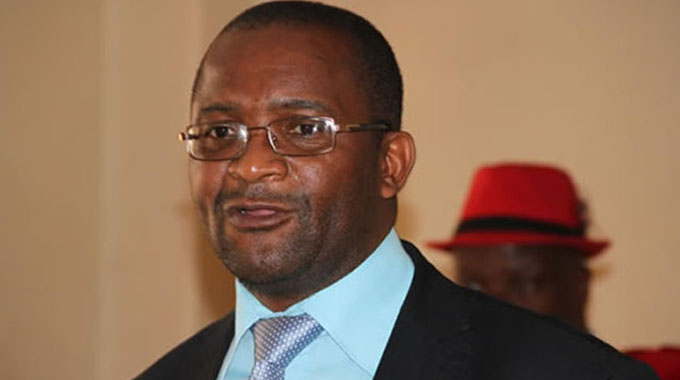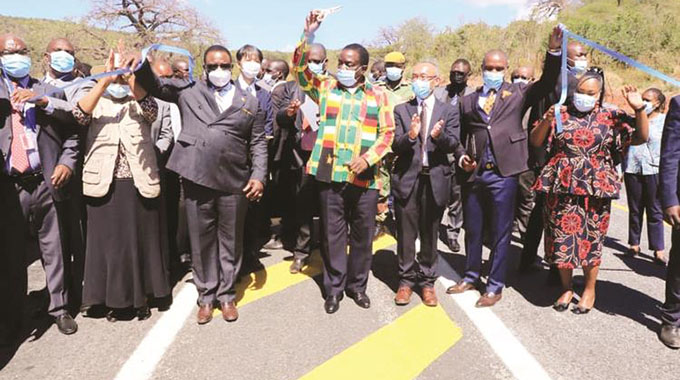Constitutional Bill progressive: Opposition

Political Editor
CONSTITUTIONAL Amendment No 2 is progressive as it consolidates the gains made thus far in achieving gender equality, entrenches devolution, and also takes aboard youths who have for long been side-lined, main opposition leader Mr Douglas Mwonzora said.
This comes after the second amendment to the Constitution sailed through Senate on Tuesday, easily making the two-thirds majority with a 65-10 vote.
Several MDC-T senators joined their Zanu PF counterparts and traditional leaders in voting for the Bill that also removes the contentious running mate clause and extends the tenure of medically fit judges to 75 years.
Following an MDC-T standing committee meeting yesterday, the party president Mr Douglas Mwonzora said they voted for the Bill because it extends the women’s quota, which is one of the opposition’s biggest quest towards achieving 50-50 representation.
“We know what we wanted, we wanted the women quota, the youth quota, and the devolution quota. Those are issues that we have always fought for. There are some clauses that we didn’t want and that we challenged but that is democracy, we went down but we were fighting.
“It was foreseeable for any reasonable person in Zimbabwe how women in Zimbabwe would look at the women’s quota. It is sensible, it is reasonable, it is to be expected that it would be supported,” he said.
He added that civil society and other smaller opposition parties that are criticising the Bill did nothing when the process was going through public hearings transparently.
“We have come under unfair criticism from some sections of civil society and some opposition parties. As I said, the criticism is unfair, it does not give credit to the exceptional fight that the opposition made in Parliament. Those people who are criticising us, who are outside Parliament, what role did they play?
“They know that there is petitioning of Parliament? Don’t they know that you can demonstrate? Don’t they know that you can picket? These are things that they know and they chose not to do anything. They concentrated a lot on hate. We don’t think that their political strategy works, those who wanted to engage us, we engaged them. There is no question about it, the people who criticised us slept on duty. They didn’t do what they were supposed to do. If they were opposed to this Bill, we are not talking about mass action, we are talking about very little action, people were seated behind their computers, behind their gadgets saying unpleasant things to one another.”
Mr Mwonzora said in the party’s caucus they made it clear that they would vote for the Bill.
“I have heard people say we should have whipped our MPs, most of these people including men wanted the Bill. We could not then have whipped people for voting for the incremental gains made in 2013 when that is what we wanted. It would have been irresponsible leadership to do that,” he said.
The 2013 Constitution was a negotiated document between the MDC and Zanu PF which contains some controversial clauses that create
unnecessary anxieties and in some cases disempowered women.
For instance, the provision for 60 seats was set to expire in 2023 but now it has been increased by a further 10 years that will allow more stakeholder consultations on how best to ensure women participation in politics, while youths will be guaranteed 10 seats.
On the issue of judges who have since 2013 been subjected to public interviews, which some deemed unbefitting of their status, the amendments provide for the President to exercise his executive powers in appointing them as is the case in other countries.








Comments